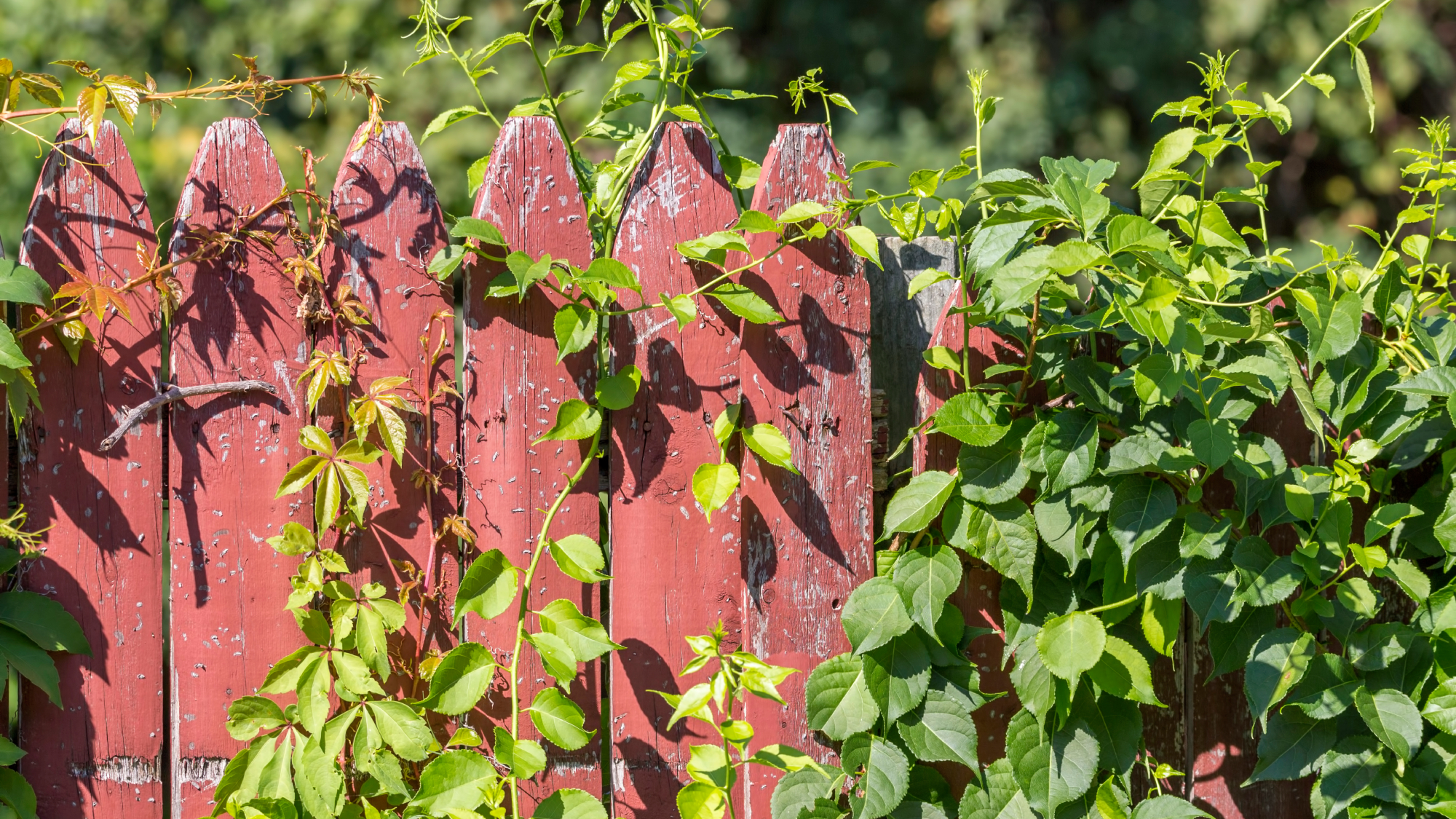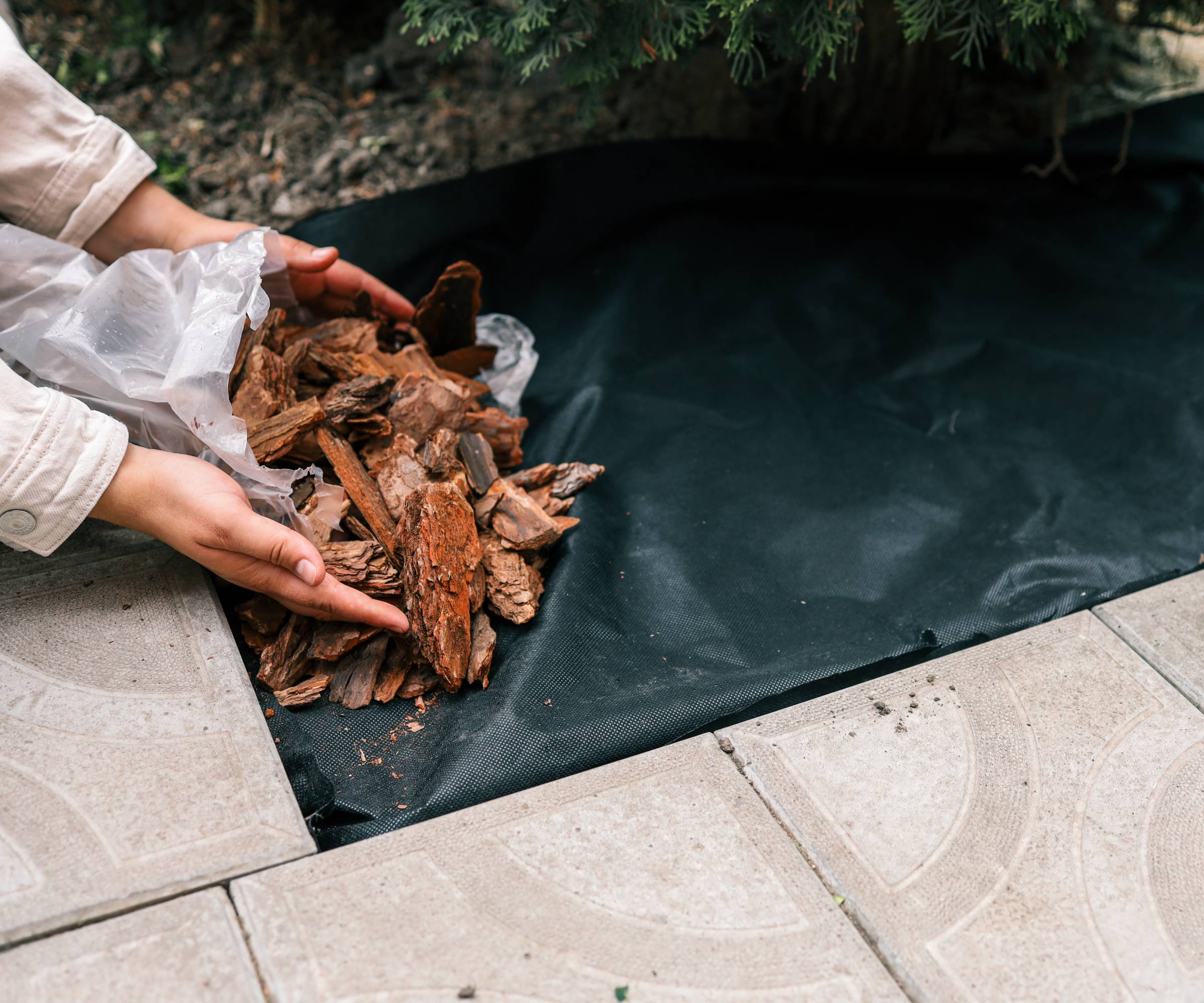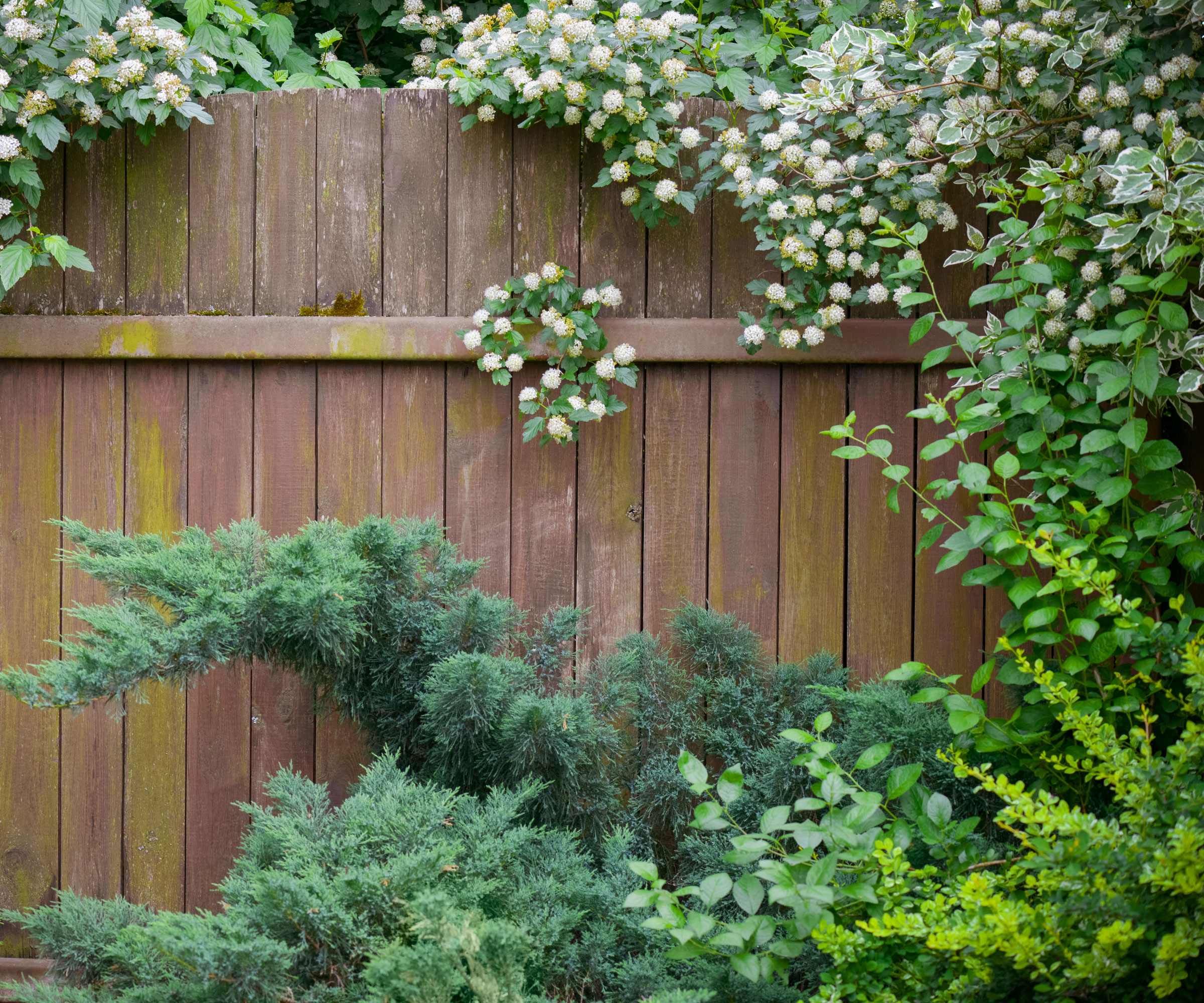Neighbor’s Weeds Taking Over Your Garden? A Lawyer Shares Expert Tips on How to Talk to Neighbors & What You Can (and Can't) Do
We all want to get along with our neighbors, but what if their weeds are creeping into your pristine beds? Here's how to handle a potentially prickly situation.

Laura Walters

Sign up for the Gardening Know How newsletter today and receive a free copy of our e-book "How to Grow Delicious Tomatoes".
You are now subscribed
Your newsletter sign-up was successful
Trying to figure out how to keep a neighbor’s weeds out of your yard can be complicated. We all want our yards to look beautiful and as gardeners, we work hard to keep them that way. But our next door neighbors may not put in as much work or may not have the time, ability, or knowledge to do the same. Or they may have a different idea about what a "weed" is. That's where problems can arise.
Beauty is in the eye of the beholder. That explains why the issue of encroaching weeds is really a gray area that can be a fraught topic to discuss with neighbors. It doesn’t help that the definition of a weed—a plant growing where it isn’t wanted—depends on the preferences of each different person. For example, I happen to love dandelions, but some of my neighbors pull out the cheery yellow flowers from their lawns.
So, what constitutes a “neighbor’s weeds encroaching in your yard”? Essentially, it means that a plant growing on your neighbor’s land is expanding its range onto your property and you don't want it there. But it’s not just a question of how to get rid of weeds from your neighbor's yard. It's an issue of open and understanding communication between people living close together. You have to navigate a fine line between community standards and personal choice. As a lawyer and long-time gardener, I'll help you navigate this prickly topic.
How to Talk to Your Neighbor About Weeds
“My neighbor’s weeds are out of control!” you fume. “My neighbor’s weeds are growing over the fence! We gotta talk. Now!” Given the delicacy of the issue, you’ll be much better off taking a friendly and respectful approach and trying to be a good neighbor in your garden.
Here are some tips to help you approach your neighbors politely and keep the issue from growing out of control.

1. Do Your Research
As a lawyer, my first step would be to figure out if the law is on my side. Look up local laws and ordinances for your area. Check out the nuisance laws and determine whether or not they are on your side.
Then look up the particular plant in question and make sure it is considered a common type of weed or known invasive plant. I personally hate the ivy that has appeared under the property-line wall from my neighbor’s side, but many people use it for vertical interest—think “ivy league” colleges. But English ivy is considered an invasive plant in many areas of the United States, so there is some validity to my annoyance.
Sign up for the Gardening Know How newsletter today and receive a free copy of our e-book "How to Grow Delicious Tomatoes".

2. Document the Problem
Next, document the issue. Take photos over time to have a visual display of how the plant is negatively impacting your property. If the problem has been going on for a long time, keep a record in your garden journal about how and when the issue has evolved.
A few simple notes with dates is great, but taking photos of your garden can illustrate the issue more clearly and help keep both you and your neighbor objective and prevent either party from exaggerating to make their point.
3. Approach Your Neighbor
Armed with this information, it’s time to initiate a conversation. Be polite, curious, and courteous, since cooperation is likely the only way you can nip things in the bud. Unless the offending plant is a toxic weed in an area where growing is prohibited, you aren’t likely to get a court to rule in your favor.
So, address your neighbor gently and kindly. Depending on the extent of the problem, you might express concern for them and ask if they need a hand with their yard. However, above all, you don’t want to insult your neighbor.

If they are young and able-bodied, be careful, as this could be viewed as sarcastic. Though they may have other issues going on at home that are keeping them from maintaining a neat garden. So you can offer your assistance as an avid gardener who likes to share their knowledge to make it seem like they're doing you a favor, rather than you offering unwanted charity.
If your neighbors are elderly or infirm, of course offer to help them. Otherwise, you can offer to put them in contact with a professional landscaper who can help with the yard work.
Above all, keep in mind that any solution you propose should benefit both parties. Think through some potential solutions before rushing over to discuss the issue. How can you help them? Can you share your gardening tools with them? Could the two of you hire a professional lawn care service and split the cost?
But be aware that unless they are breaking some law, your neighbor has the right to say no to your offer. You must be prepared for that. If you’ve approached them in a respectful way and proposed mutually beneficial solutions, and they still say no, accept it and move on. You’ll have to solve the problem yourself in a way that won't upset them.

What Can I Do About My Neighbor's Weeds?
This is the time the self-help questions come up. Can I pull my neighbor’s weeds? Can I spray my neighbor’s weeds? No and no. At least not without permission.
If you’ve run into a brick wall with your neighbor, it’s time to solve your problem yourself. This does not mean hopping the fence in the middle of the night to pull their weeds or spray them with weed killer—which can drift to nearby water features and even back into your own lawn.
Those types of activity may be considered criminal trespass and you could be sued in court, perhaps even sent to jail. Short of that, you will lose any chance of having a good relationship with your neighbor.
Unless your neighbor gives you permission, you do not have the right to cross the property line or take any direct action in their yard. Your best option is to place a barrier at the property line to impede the weeds from coming your way.
This could be a fence, landscape rocks, a covering of mulch, or landscaping fabric, which you can get on Amazon, at the property line. This will stop or at least slow any weeds’ progress. However, these efforts may not help for controlling aggressive plants or ones that spread via air-borne seeds.

In the end, keeping your own backyard plants healthy and happy is your best protection. This is particularly true of grass. Doing everything right—like mowing, watering, and fertilizing—will help you grow a lush lawn that can crowd out weeds all on its own.
Invest in high-quality lawn care products, like the ones from Scotts on Amazon, to set up your lawn for success. You can also use organic products to get rid of weeds, like this natural weed killer from Amazon. But be aware that it will kill grass as well as unwanted plants.
When to Seek Outside Help
If your neighbor won’t help remove their weeds, you might want to get outside help. But the type of help that will serve you best depends on the situation.
If you and your neighbor both want to solve the problem but can’t hash out a fair way of handling it, a mediator might help. Bring in someone who can talk to both of you and try to find common ground. If the mediator can’t get a deal made, they can provide both of you with further resources to help resolve the conflict.
If you’ve given up on getting help from your neighbor, but the problem is too big for you to deal with on your own, call in a professional landscaper. They will assess the situation, determine what is truly at stake, and advise you on how to proceed. This is a good choice if the weed infestation is out of control.
Finally, there’s always a lawyer. Save this one for last because it’s sure to leave both of you with bad feelings and big bills. But if the case is extreme, there is an attorney out there who will represent your interests.

Be Proactive to Prevent Problems
If you are just starting landscaping your property, think ahead to prevent these types of issues. Install physical barriers, like an inexpensive fence, to prevent weeds from encroaching.
You might also want to build in a “buffer zone” between your house and your neighbors’ properties so that none of your gardening practices become someone else’s problem.
A uniform hedge or mixed privacy hedge would both be good options that double as buffer zone and lovely landscape design. This neighborly border area will keep your gardens separate and also add beauty to your own landscape.

Teo Spengler is a master gardener and a docent at the San Francisco Botanical Garden, where she hosts public tours. She has studied horticulture and written about nature, trees, plants, and gardening for more than two decades, following a career as an attorney and legal writer. Her extended family includes some 30 houseplants and hundreds of outdoor plants, including 250 trees, which are her main passion. Spengler currently splits her life between San Francisco and the French Basque Country, though she was raised in Alaska, giving her experience of gardening in a range of climates.
- Laura WaltersContent Editor